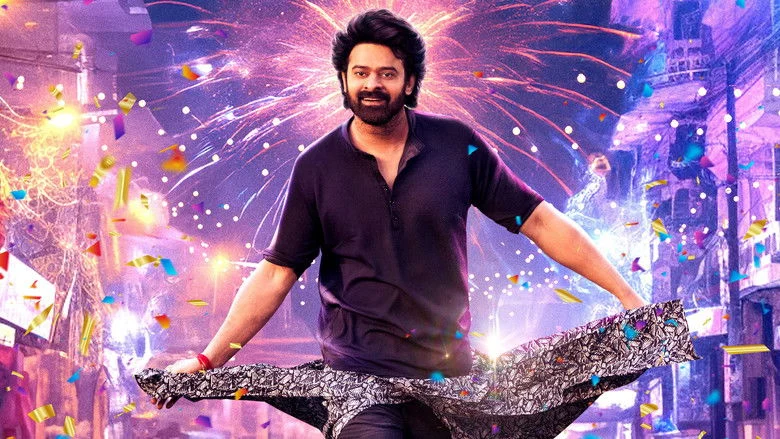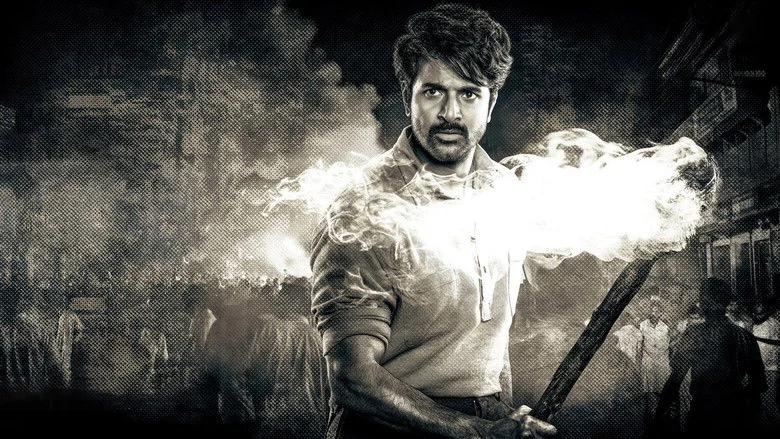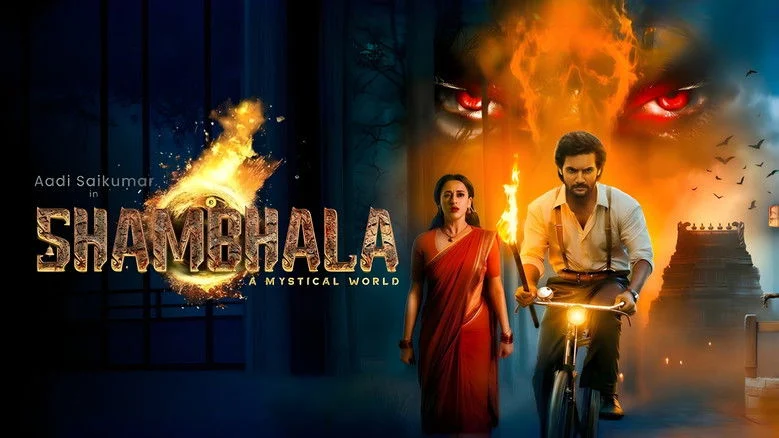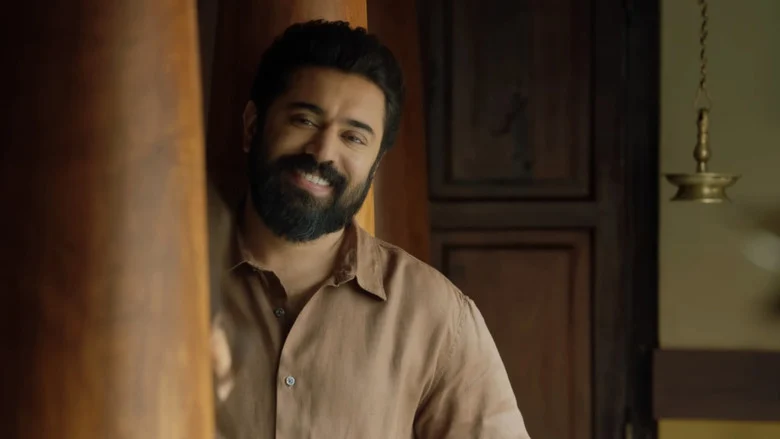Chemical Hearts is a 2020 romantic drama that looks at teenage love, grief, and finding yourself. Richard Tanne helmed this Amazon Prime film, pairing Lili Reinhart from Riverdale with Austin Abrams from Euphoria. Sarah Jones appears in support. Built from Krystal Sutherland’s novel, it shows first love’s intensity alongside the hurt that follows.
Henry Page hasn’t been in love despite calling himself a romantic. When Grace Town, a guarded transfer student, shows up at his school, his world shifts. Working the newspaper together, Henry connects with her quiet depth. This coming-of-age tale explores loss, recovery, and the complicated reality of young relationships.
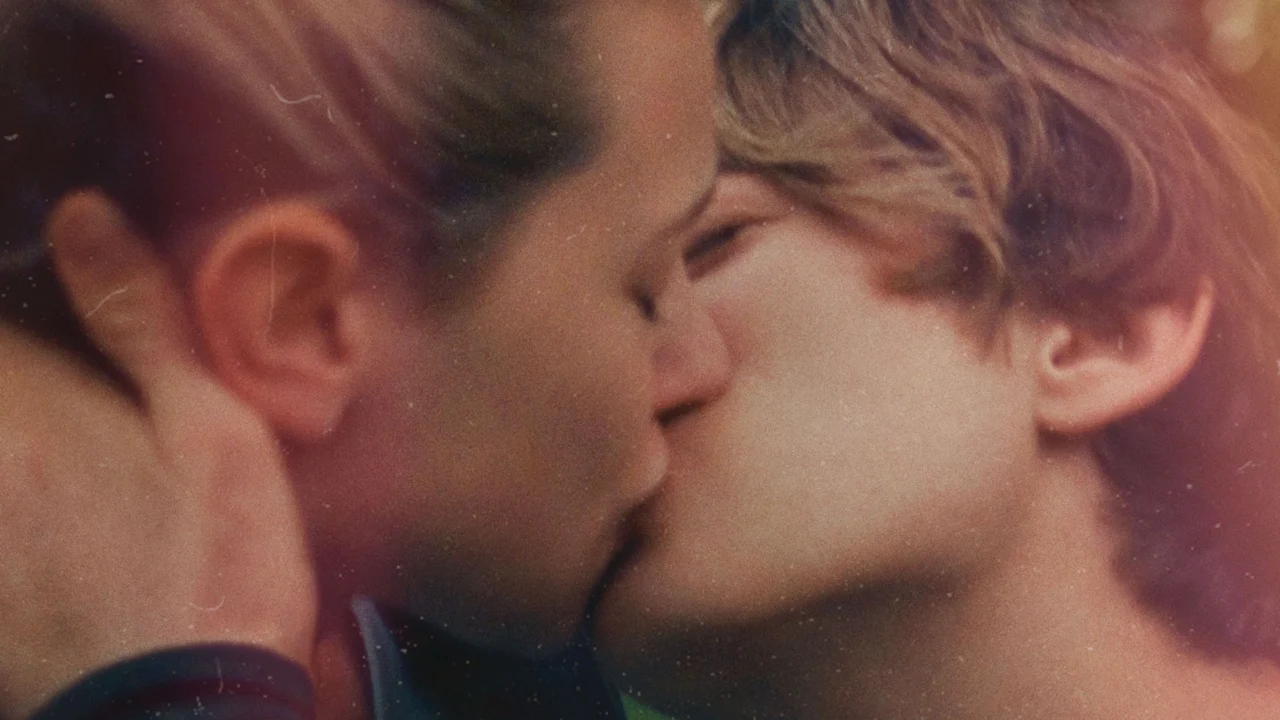
The Story
Henry starts senior year wanting to run the school paper. Grace’s arrival changes everything. The film takes time building their bond rather than rushing romance. Through shared newspaper work, they slowly reveal themselves to each other.
Grace carries visible and invisible scars. She uses a cane and pushes people away. Henry’s steady presence chips at her defenses. Her boyfriend Dom died in a crash that left her injured. Guilt and sadness weigh her down heavily.
Unable to move past Dom, Grace keeps visiting his grave and parking near his house. Henry finds himself competing with someone who’s gone. The film captures grief’s messy impact on young lives without pretending there are easy answers.
When Grace leaves town to heal, the ending feels bittersweet. Henry discovers that loving someone might mean stepping back. This honest approach breaks from teen movies that promise perfect endings every time.
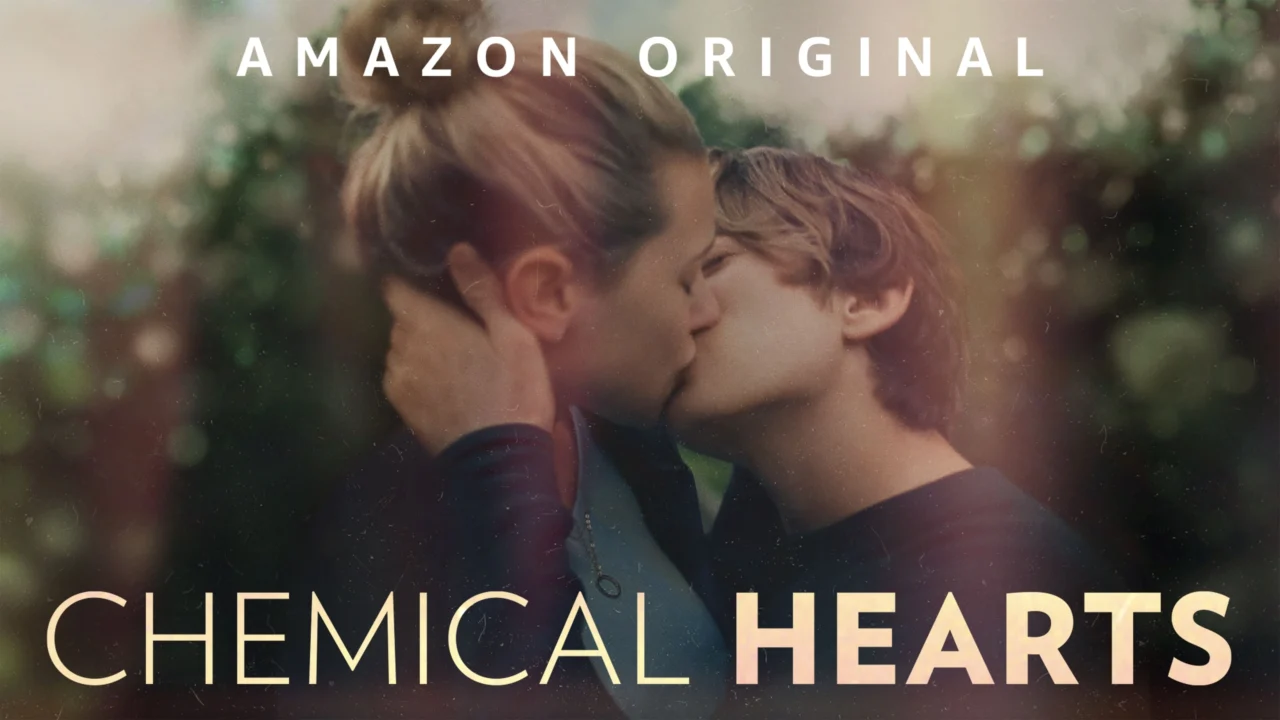
The Performances
Lili Reinhart gives Grace real dimension beyond basic sadness. She captures how trauma creeps into everyday moments – the careful way she moves, the walls in her eyes. I appreciated how she made Grace sympathetic without turning her pain into something pretty to watch.
Austin Abrams brings warmth to Henry without making him seem foolish. He nails the confusion of wanting someone who can’t fully want you back. Watching Henry shift from believing in perfect love stories to understanding heartbreak’s lessons felt genuine. Their on-screen connection makes the complicated relationship believable.
Sarah Jones as Mrs. Beady, the newspaper advisor, adds grounded wisdom in limited screen time. The supporting players create a believable high school world, though their stories don’t get enough space to breathe.
Everyone keeps emotions intense but real. No one overdoes it. The casting matches the film’s goal of showing teen love honestly, with all its awkwardness and hurt.
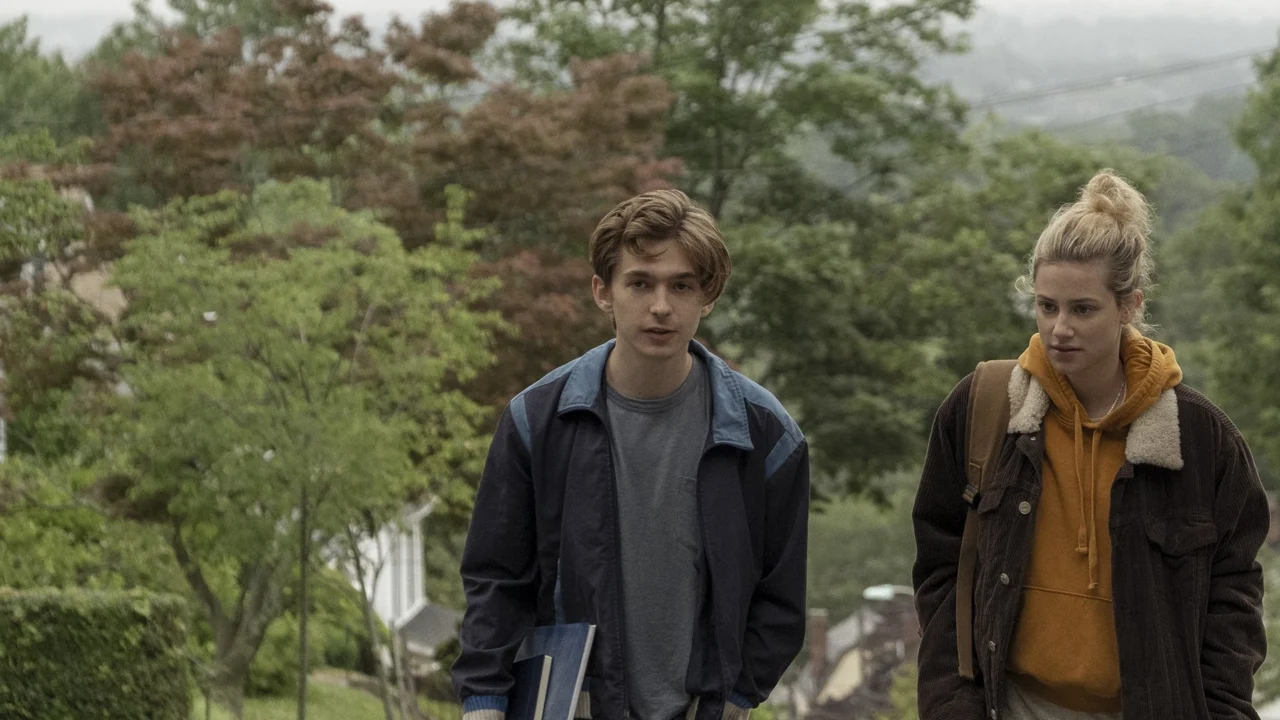
What Stands Out
The film’s biggest strength is refusing to simplify grief. Grace’s trauma becomes a real barrier, not just drama for the plot. This honesty about mental health stands out in a genre that usually skips past heavy topics. The movie shows healing takes time and sometimes space matters more than closeness.
Albert Salas shoots everything in soft teals and grays that match the mood perfectly. The camera catches quiet moments between characters without feeling pushy. Visual storytelling does work that dialogue can’t always handle.
Tanne’s direction stays patient with difficult material. He lets the story unfold naturally rather than forcing big emotional moments. This restraint makes feelings land harder because they’re earned. The dialogue sounds like actual teenagers talking, not adults trying to sound young.
The music choices, including Beach House tracks, deepen the atmosphere without overwhelming scenes. Everything feels intentional rather than tossed in for style points.
What Falls Short
The middle section drags at times. Some scenes repeat the same emotional ground without adding new understanding. While the 93-minute length works overall, tighter editing could have sharpened the story’s flow. Henry’s friends get introduced then forgotten, leaving their potential unexplored.
The constant sadness sometimes becomes too much. I get why the tone stays heavy given the subject, but a few lighter moments would have helped viewers catch their breath. Real life mixes darkness with unexpected brightness, even during hard times. The film occasionally forgets that.
The story centers Henry’s heartbreak more than Grace’s healing journey. While he’s the main character, this choice sometimes shrinks her experience. I wanted more of Grace’s perspective beyond how her pain affects Henry. She deserves agency in her own story rather than mainly existing to teach him lessons.
The ending might frustrate viewers wanting clear answers about their relationship. The open conclusion fits the themes about uncertainty, but doesn’t deliver the release all that emotional buildup promises. Final scenes rush compared to earlier patient pacing.
Critical Response
Rotten Tomatoes gives the film 60% from critics with a 5.7 average. Reviews called it an imperfect but passionate take on teenage grief that respects its audience. Top critics rated it slightly higher at 70% with a 6.0 average.
Roger Ebert’s site praised Tanne’s measured approach, saying viewers genuinely feel something by the end. Other critics were cooler, suggesting the film reaches for depth but doesn’t always grab it. Some found it trying too hard to seem meaningful.
General audiences on IMDb rate it 6.3, finding it solid without being special. Younger viewers connected more, seeing their own struggles reflected. Lili Reinhart’s performance earned consistent praise. The mental health focus resonated with people who’ve dealt with loss or complicated relationships during their teens.
Common Sense Media flagged mature themes like grief and trauma, recommending it for older teens upward. The realistic handling split opinions – some valued the honesty while others found it relentlessly bleak. The film found its people among viewers wanting teen stories that don’t sugar-coat hard truths.
Rating: 3.5 out of 5


